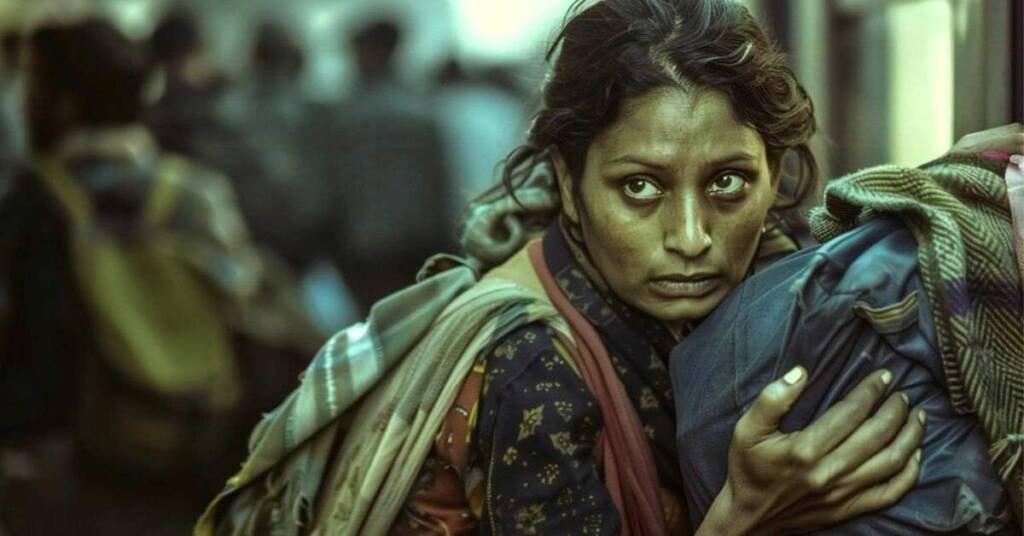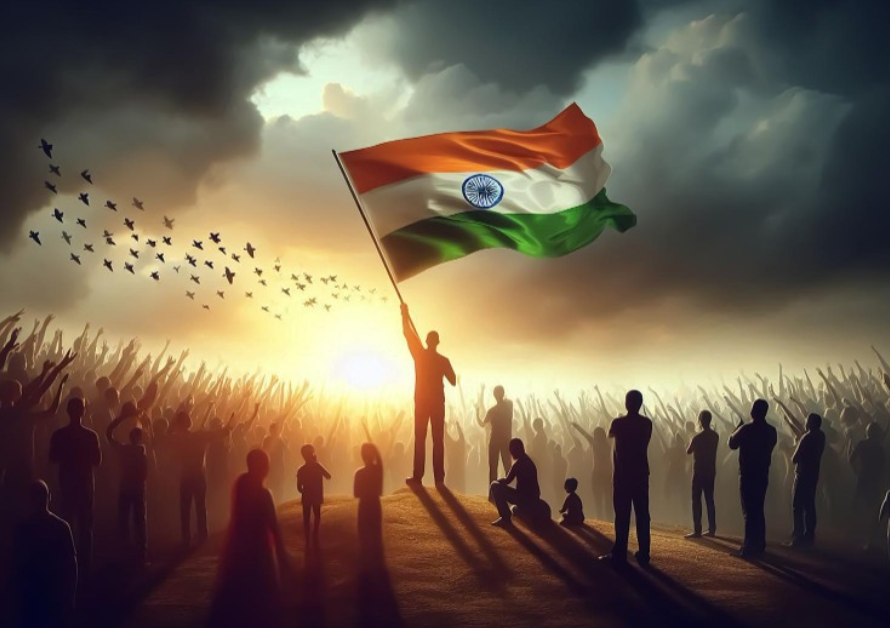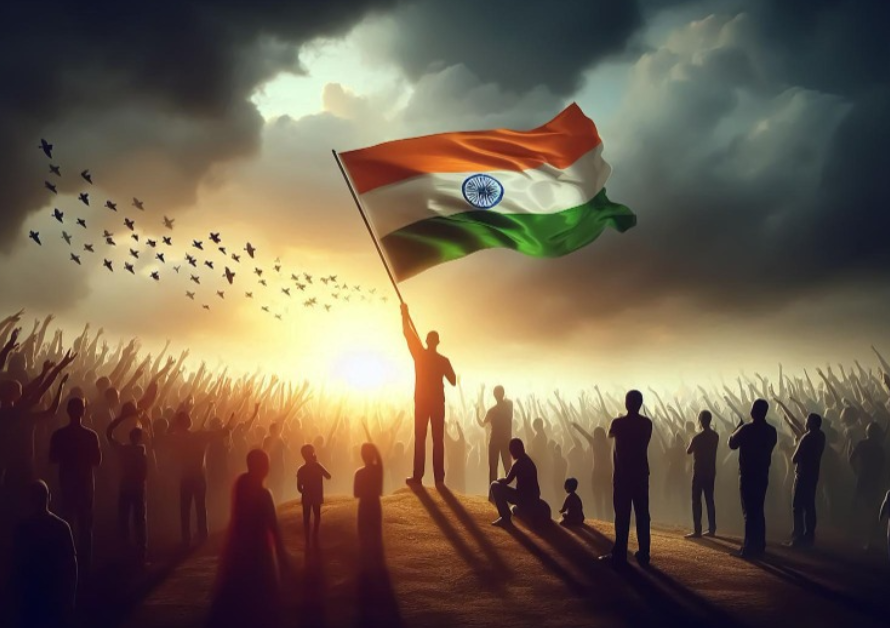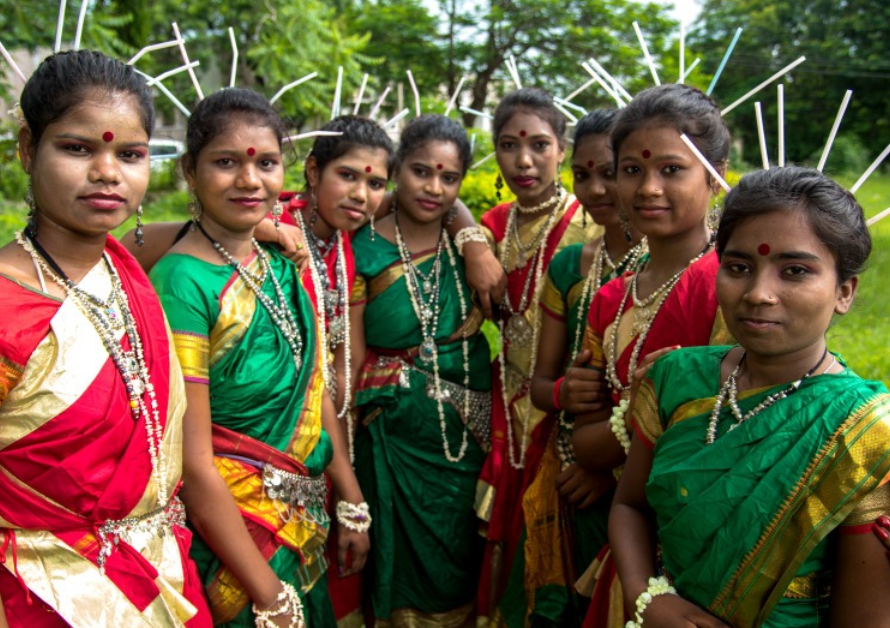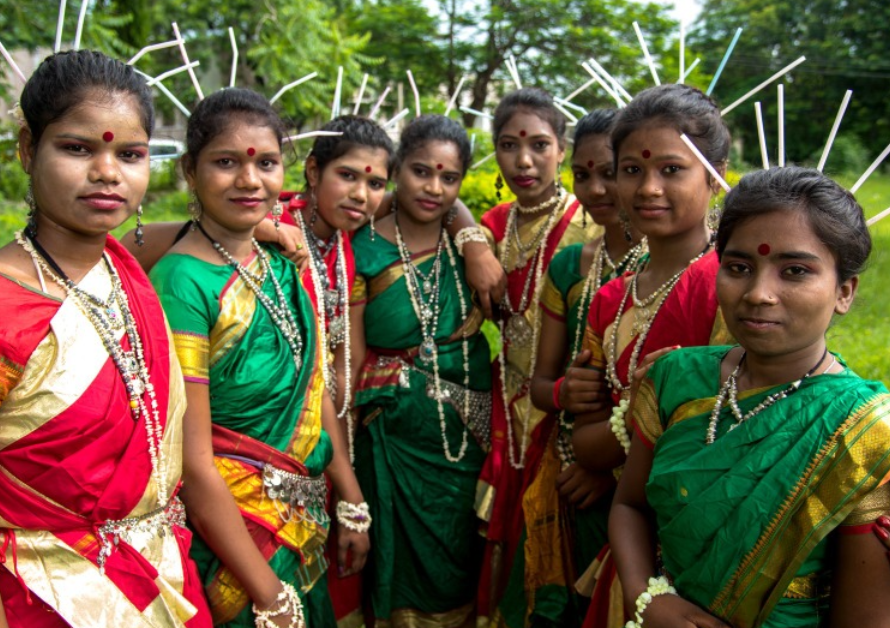Persecution of Hindus in Bangladesh: Narendra Modi’s Silence – A Question or Strategy?
Friends, there has been growing concern about why Prime Minister Narendra Modi remains silent on the atrocities against Hindus in Bangladesh. Let’s try to understand this deeply.
The Era of War Has Changed
“Be a leader, not a thug.”
This principle remains relevant in politics and international relations today. Wars and attacks are no longer as simple as they once were. The world now depends on diplomacy and the interconnectedness of countries.
Why doesn’t India, with the third-largest military and the fourth-largest navy in the world, attack Bangladesh?
Is war really the solution?
In the past few decades, several powerful countries have invaded smaller and weaker nations, but the results were embarrassing:
The United States failed to defeat Vietnam.
Russia failed to conquer Afghanistan.
Pakistan failed to stop Bangladesh.
Today, Russia is not able to defeat Ukraine, and Israel is not achieving a decisive victory over Hamas.
This clearly shows that military power alone is not enough. Whenever a country attacks, the opposing country can drag the war on by providing support.
Why is India’s Decision Important?
Attacking Bangladesh would mean getting involved in a prolonged conflict, which would lead to:
1.Increased inflation and economic crisis.
2.Increased sacrifice of youth.
3.Rise in internal riots and communal unrest.
History shows that when a country is unstable internally, handling an external war becomes much harder.
Would the World Stand with India?
Who would stand with India? The possibility of support from the United States is low. Russia and Israel are preoccupied with their own issues.
Who would stand with Bangladesh? Pakistan, China, Turkey, and Islamic terrorist groups would support Bangladesh.
War is not only fought with soldiers; in the modern era, diplomacy, weapons supply, and international relations play a crucial role.
- India’s Strategy: Patience and Preparation
The current era is not about direct attacks but about employing covert strategies and taking steps based on timing. The Modi government has several options:
1.Expel illegal Bangladeshi and Rohingya immigrants from India – This will create social and political pressure.
2.Create a ‘Hindu Liberation Army’ – Forming an organized front to improve the situation for Hindus in Bangladesh.
3.Raise the issue of Hindus’ rights in Bangladesh on international platforms – Applying international pressure on the Bangladeshi government.
This battle cannot be won with just a war. It requires patience, strategy, and a long-term approach.
The Path Ahead
To stop the persecution of Hindus in Bangladesh, emotional decisions alone are not enough. We need to adopt a solid, strategic approach. Instead of getting entangled in a war, we need to handle the situation with diplomacy and tactical measures. This fight may be long, but we must remain united and prepared to win it.
National interest must come first.
Therefore, we need to understand this issue with the right perspective. Decisions cannot be made based solely on emotions. Our strategy must be adaptable according to the right time and situation. To end the persecution of Hindus in Bangladesh, we must work together with patience and a strategic outlook.

